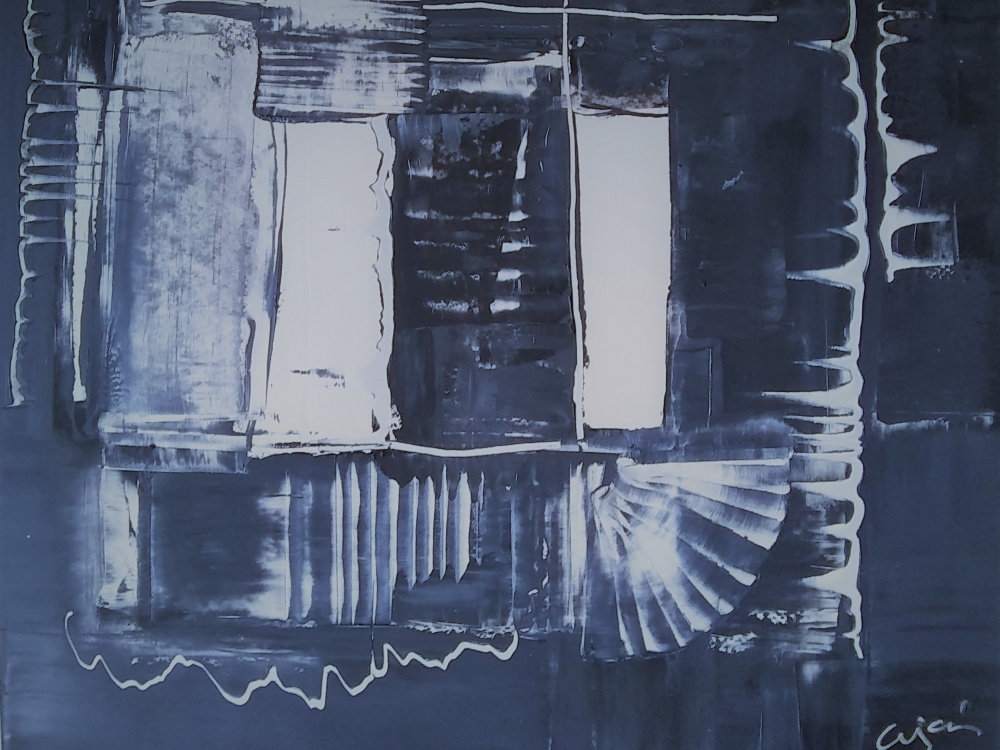El humanismo de Alciato ante su espejo barroco: los comentarios de Diego López al Emblematum Liber
Published 2023-12-13
Keywords
- Emblems,
- Andrea Alciato,
- Humanism,
- Renaissance,
- Neoplatonism
- Reformation,
- Counter-Reformation,
- Baroque ...More
How to Cite
Abstract
This text presents the history of the Emblematum Liber by Andrea Alciato, a book that founded a very successful publishing genre between the 16th and the 18th centuries: the "emblem books", characterized by mixing texts and images, epigrams and scholarly exegeses . Due to the modifications that Alciato's original text suffered in the hands of its editors, translators, illustrators and commentators, it is possible to trace in its different editions the drift of European humanist thought, from its Renaissance origins to its baroque metamorphosis: when it arrived at the Spanish colonies of America, translated into Spanish and commented by Diego López. In this way, through the editorial avatars of this exceptional book, it is intended to visualize the voluble thought of an era marked by change.

